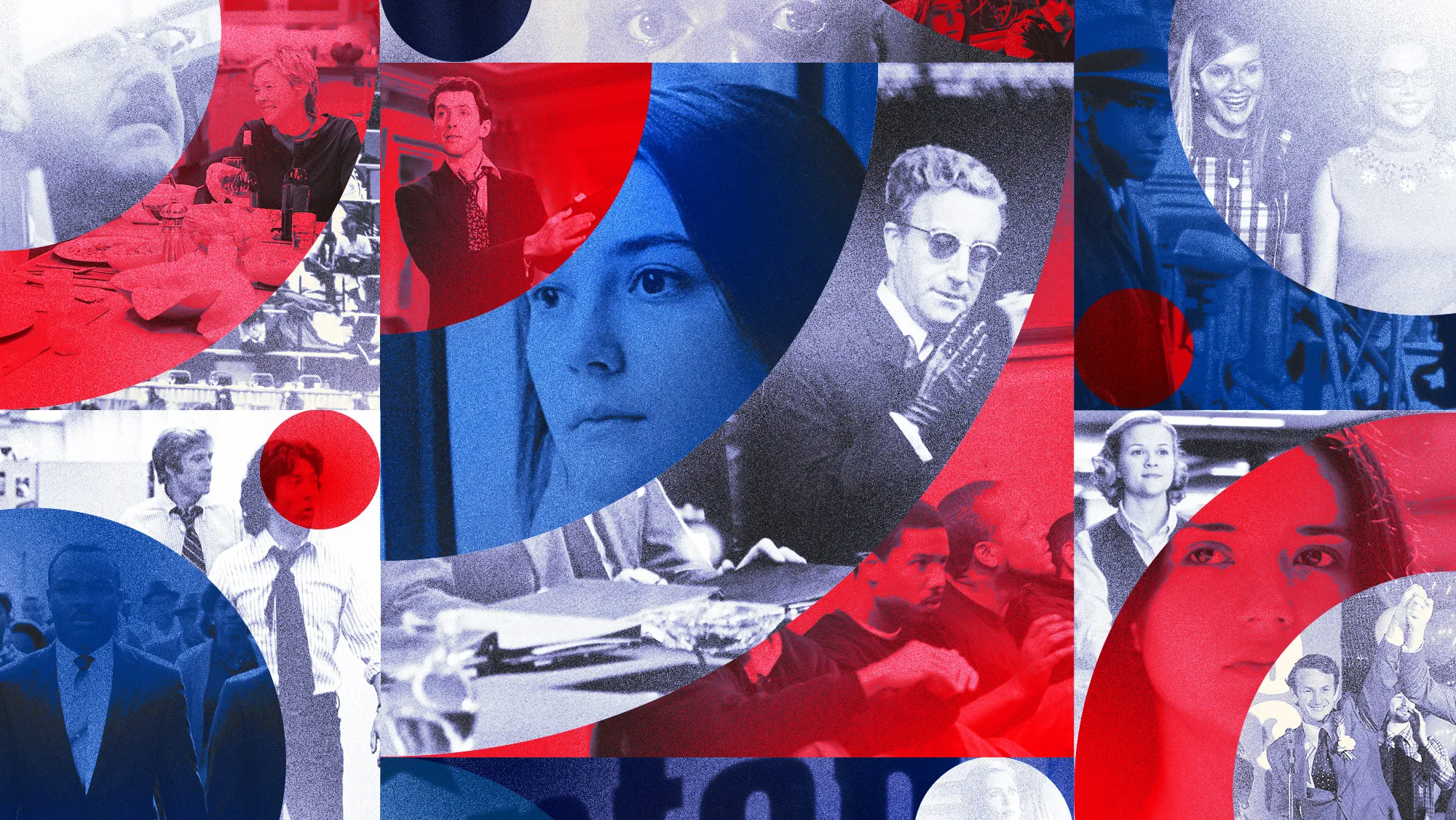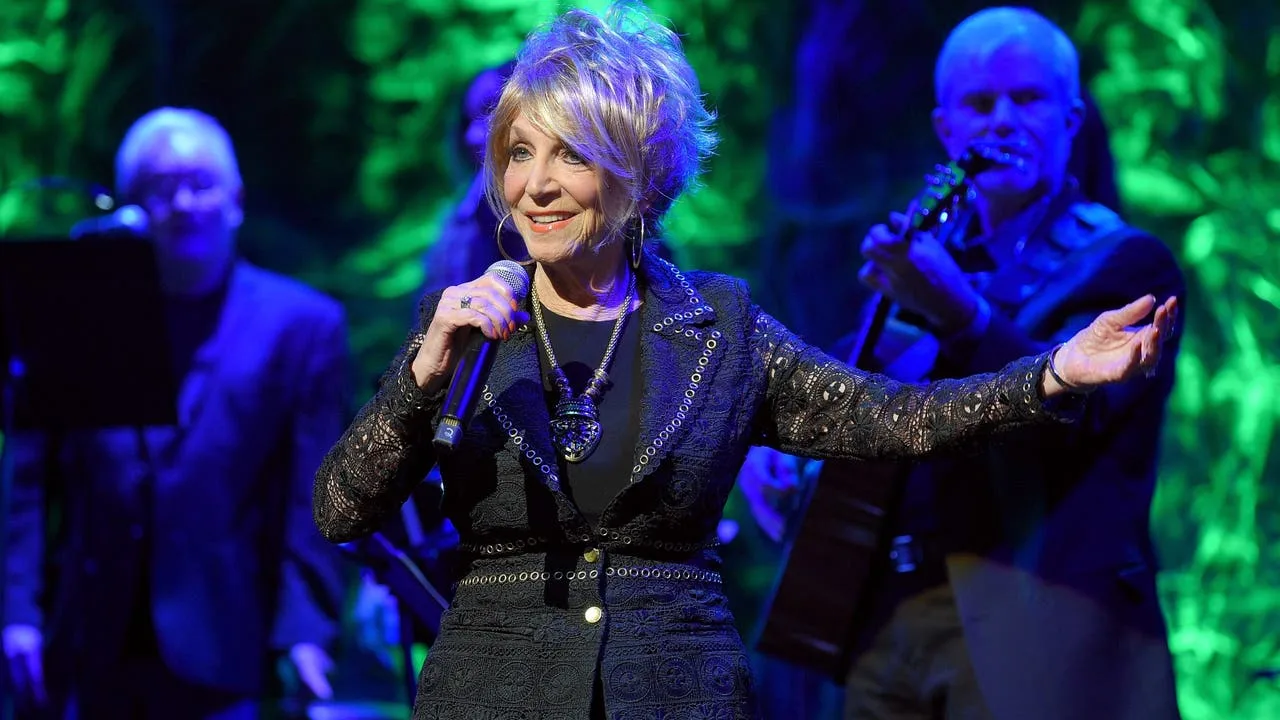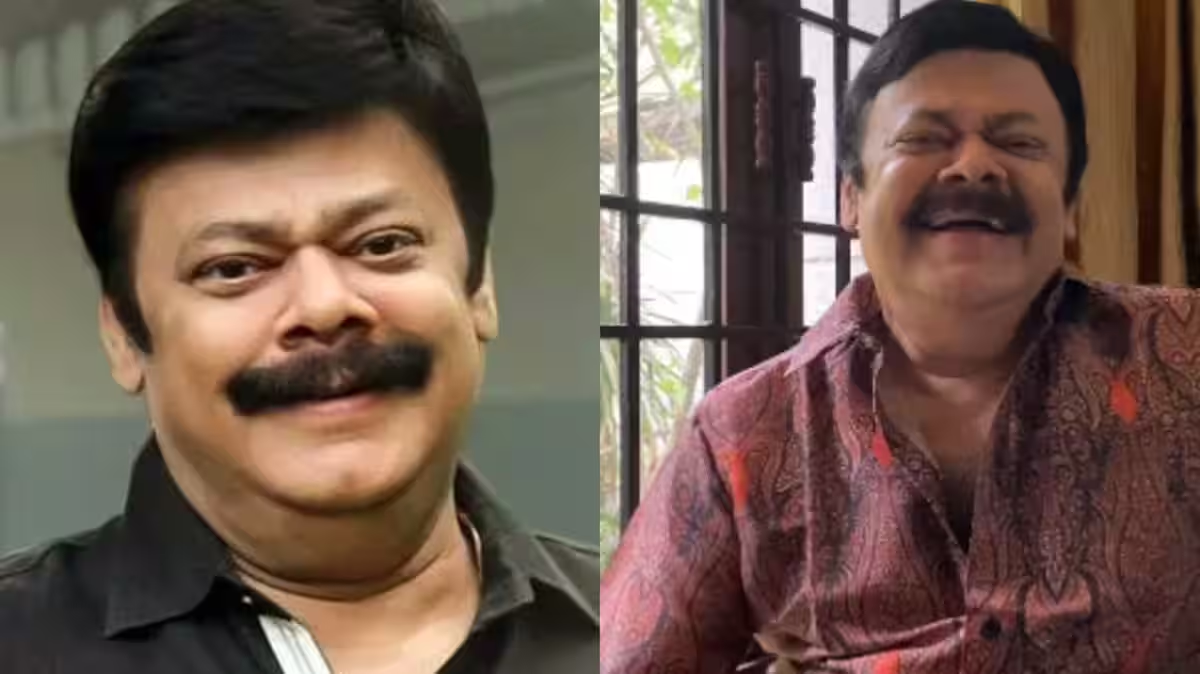
Hollywood has long been a mirror reflecting the complexities of political ideologies, power struggles, and societal values. Through their films, actors, and public personas, Hollywood celebrities often become emblematic of particular political stances—either as champions of causes or as controversial figures. In this exploration, we delve into how Hollywood has portrayed political heroes and villains, analyzing the cultural influence such portrayals wield and their impact on public perception.
The Duality of Heroes and Villains in Hollywood
Hollywood narratives often revolve around clear-cut dichotomies: heroes and villains. When it comes to politics, this binary becomes even more pronounced. Films and media tend to stylize these figures into symbols—either of hope and justice or of corruption and evil. The captivating power of cinema lies in blurring these lines at times, revealing that real-life figures often embody complex, multifaceted personalities.
Political Heroes in Hollywood
Throughout cinematic history, Hollywood has celebrated figures who symbolize resilience, justice, and integrity. These characters often serve to inspire audiences and reinforce societal ideals. Notable examples include:
- Amelia Earhart – Portrayed as a pioneering woman breaking barriers, inspiring themes of perseverance and innovation.
- Martin Luther King Jr. – Featured in multiple biopics that emphasize the importance of nonviolent activism and justice.
- President Franklin D. Roosevelt – Often depicted as a resilient leader guiding America through crises like the Great Depression and WWII.
- Real-life figures turned heroes – Many Hollywood films celebrate political leaders who have fought for civil rights, democracy, and global peace.
These portrayals serve a dual purpose: honoring the real-life achievements of these individuals and shaping public perception of their legacy. By doing so, Hollywood influences societal values and national consciousness, often elevating these figures into mythic status.
Hollywood’s Depiction of Political Villains
Conversely, Hollywood has a long history of depicting political figures as villains—corrupt, manipulative, or outright evil. Such portrayals serve as cautionary tales or critique political systems, often reflecting societal anxieties. Examples include:
- Richard Nixon – Frequently portrayed as a symbol of political deception and abuse of power, notably in films like “Nixon” (1995).
- Fascist Leaders – Depicted in films like “The Great Dictator” (1940) as caricatures of evil, emphasizing the destructive nature of unchecked authoritarianism.
- Corporate and political corruption – Films often showcase villains who manipulate systems for personal gain, illustrating public distrust in leadership.
- Conspiratorial figures – Hollywood films often personify conspiracy theories, portraying clandestine power brokers as villains controlling world events.
Such portrayals can influence public perception, fostering skepticism toward political institutions or even shaping opinion on real-life political figures. Hollywood, in this context, acts as both mirror and critic of political power, highlighting its potential for abuse and moral failure.
Hollywood’s Role in Shaping Political Discourse
Beyond individual portrayals, Hollywood shapes broader political discourse through movies and celebrity influence. When stars champion or criticize political causes, they impact public attitudes and voting behaviors. Films with overt political messages often become cultural touchstones, mobilizing or polarizing audiences.
Celebrity Activism and Political Messaging
Many Hollywood celebrities have leveraged their fame to influence political discourse. Whether through endorsing candidates, participating in protests, or producing politically charged films, their impact extends beyond the screen. Notable examples include:
- George Clooney – Advocated for Darfur peace initiatives, highlighting humanitarian issues.
- Angelina Jolie – Immersed herself in refugee advocacy, influencing public concern and policy discussions.
- Hollywood films as political commentary – Movies like “All the President’s Men” or “Lincoln” serve as educational tools, framing political history and sparking debate.
The Portrayal of Ideologies
Hollywood doesn’t merely depict individual figures but also explores ideological themes—democracy versus authoritarianism, freedom versus oppression, capitalism versus socialism. These themes often ignite discussions on societal values, sometimes polarizing audiences but also fostering understanding through nuanced storytelling.
The Cultural Impact and Criticisms
While Hollywood’s portrayal of political figures can inspire and inform, it also faces criticism. Films may oversimplify complex realities, glamorize certain figures or distort facts for dramatic effect. This has led to debates about the responsibility of Hollywood in shaping political narratives.
Furthermore, Hollywood’s own political biases can influence which stories are told—and how they’re told. Some argue that industry choices favor certain ideological perspectives, marginalizing alternative viewpoints. The power to craft public consciousness underscores the importance of responsible storytelling.
Conclusion: Hollywood as a Reflection and Shaper of Politics
In sum, Hollywood’s portrayal of political heroes and villains is a dynamic interplay of cultural reflection and influence. It elevates certain perceptions, sparks debate, and even shapes political attitudes. Whether inspiring with stories of perseverance or cautioning against corruption, Hollywood remains a pivotal arena where politics and popular culture collide.
The narratives Hollywood chooses to tell—about leaders, ideologies, and systemic forces—are powerful tools that inform, influence, and sometimes distort public understanding of politics. Recognizing this role is essential for engaging critically with media and appreciating the broader impact of cinematic storytelling.
As Hollywood continues to evolve, so too will its portrayal of political figures and issues, maintaining its position as both a mirror and a molder of society’s political landscape.
For more updated news please keep visiting Prime News World.








